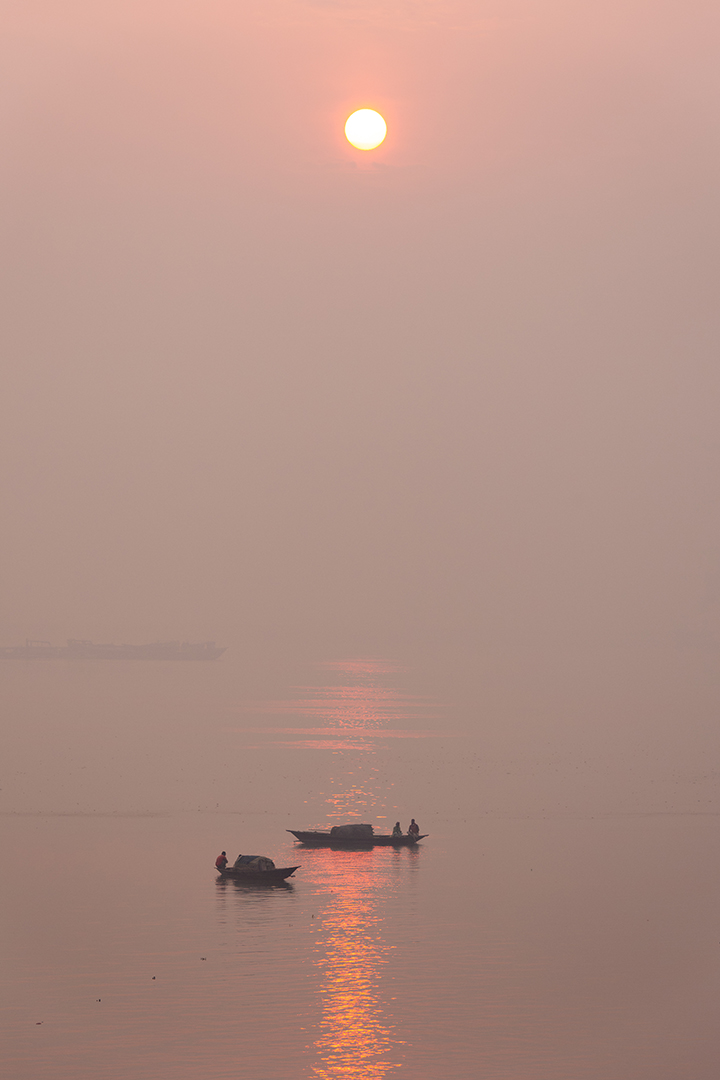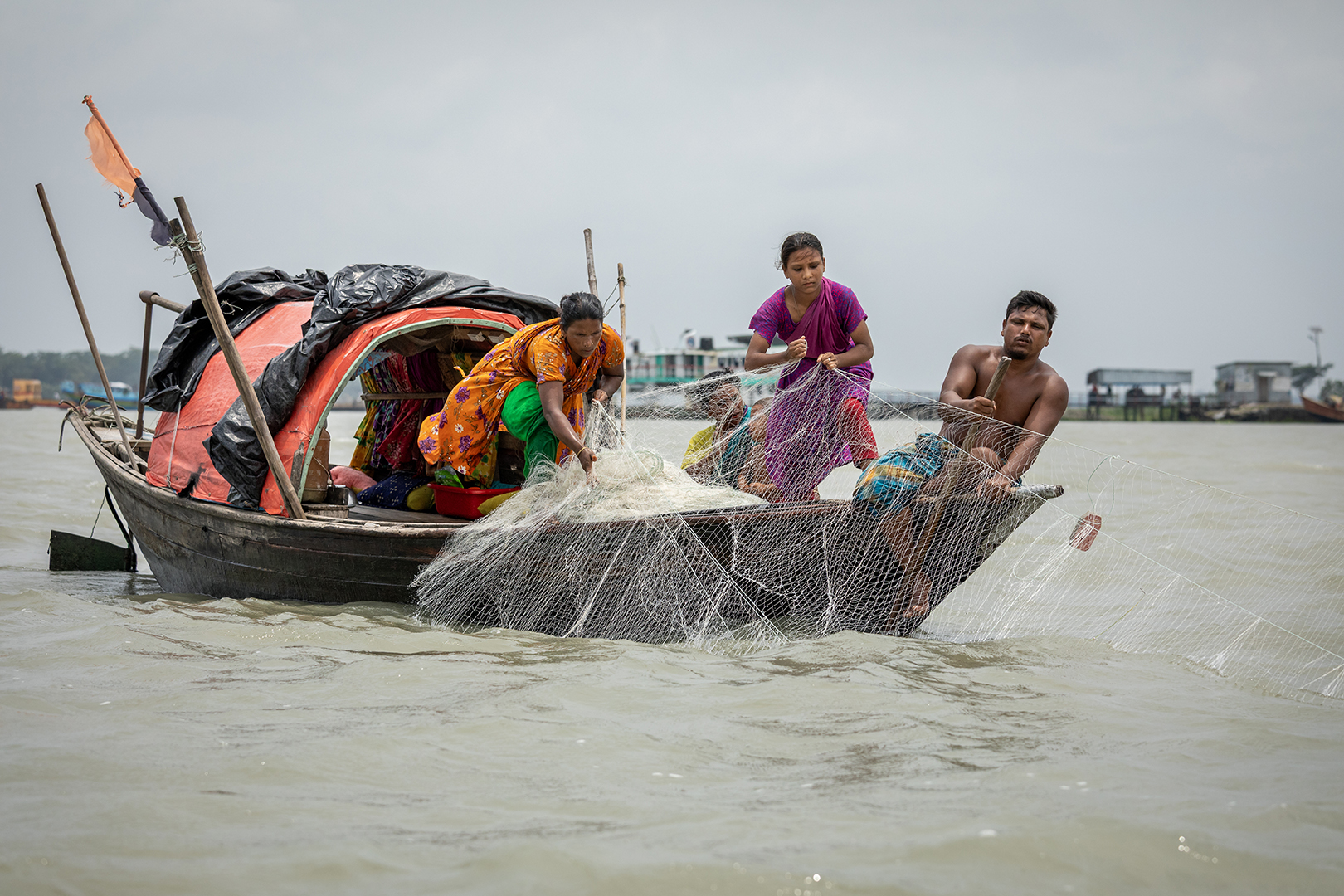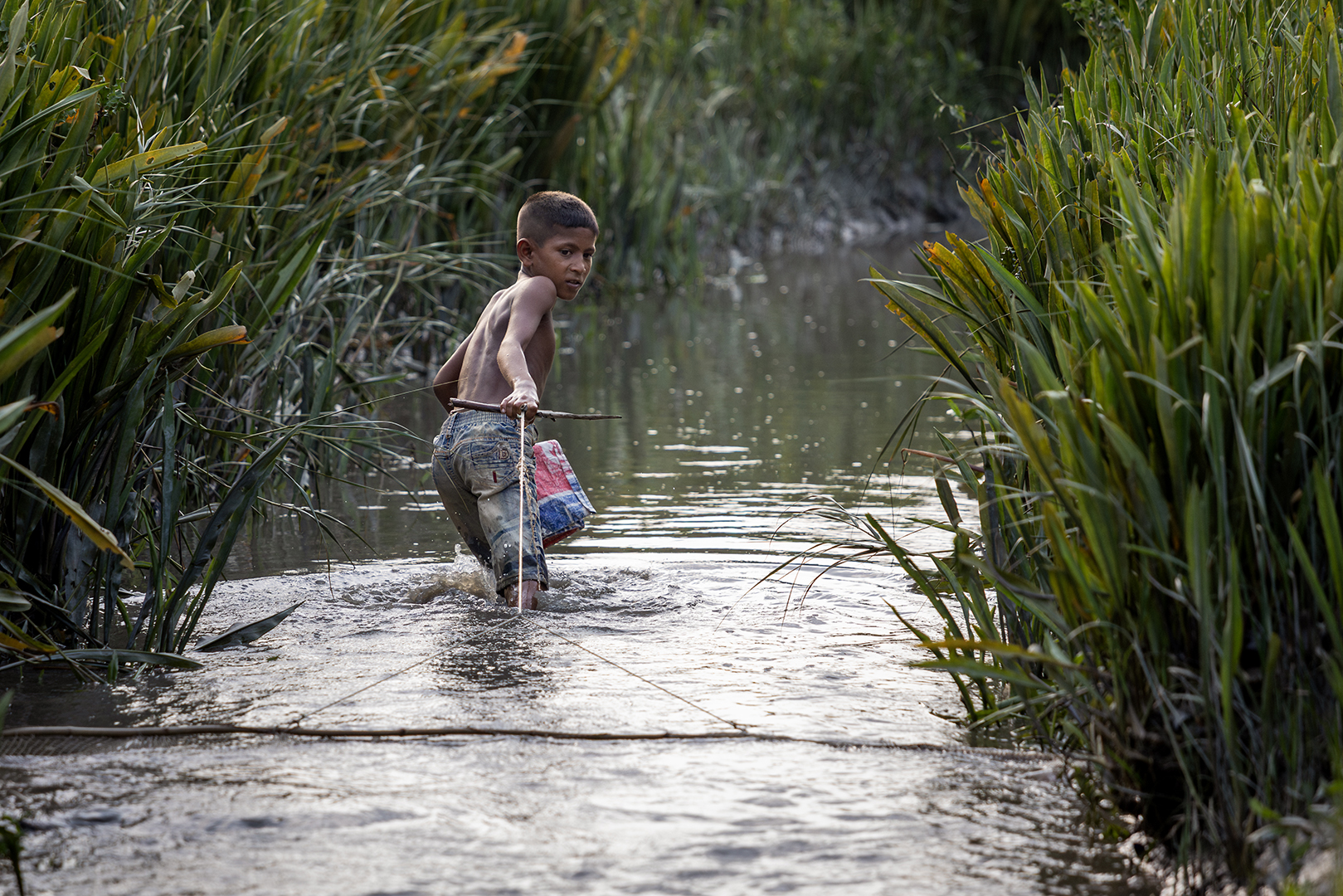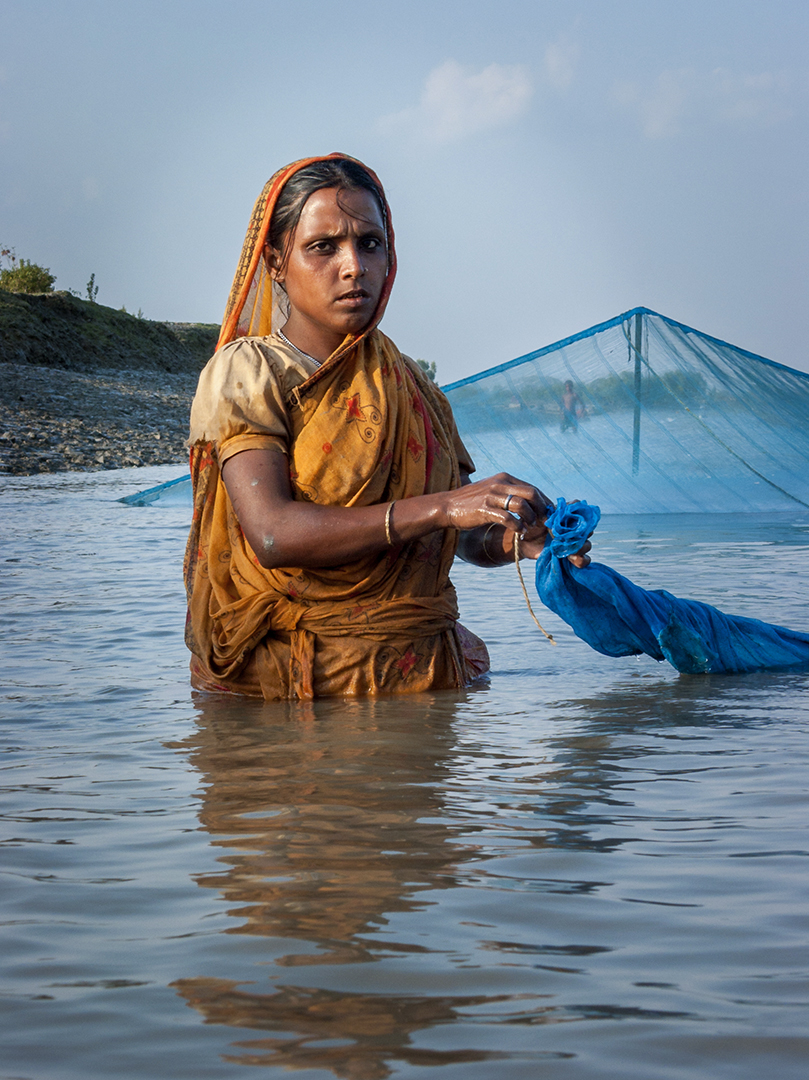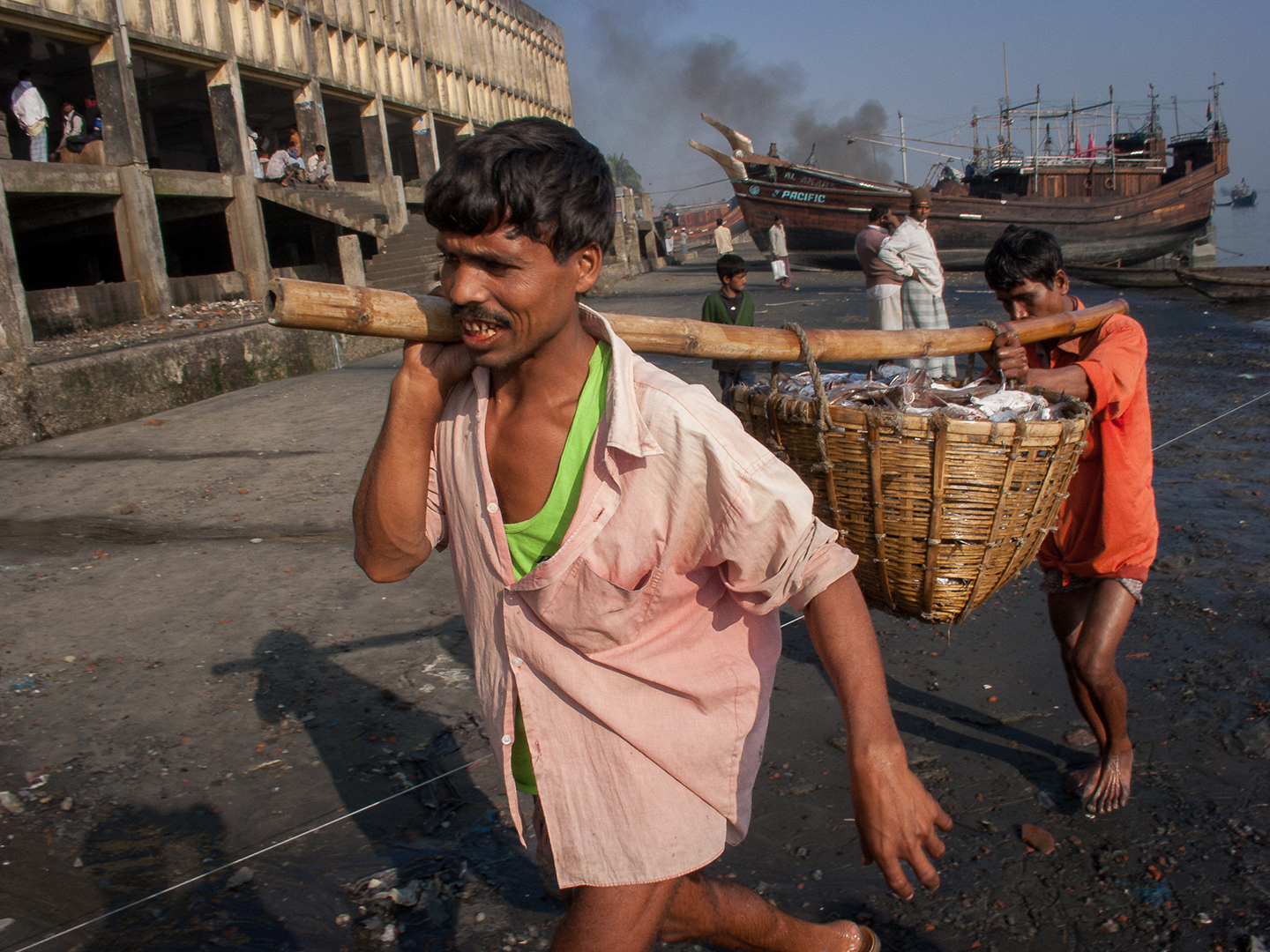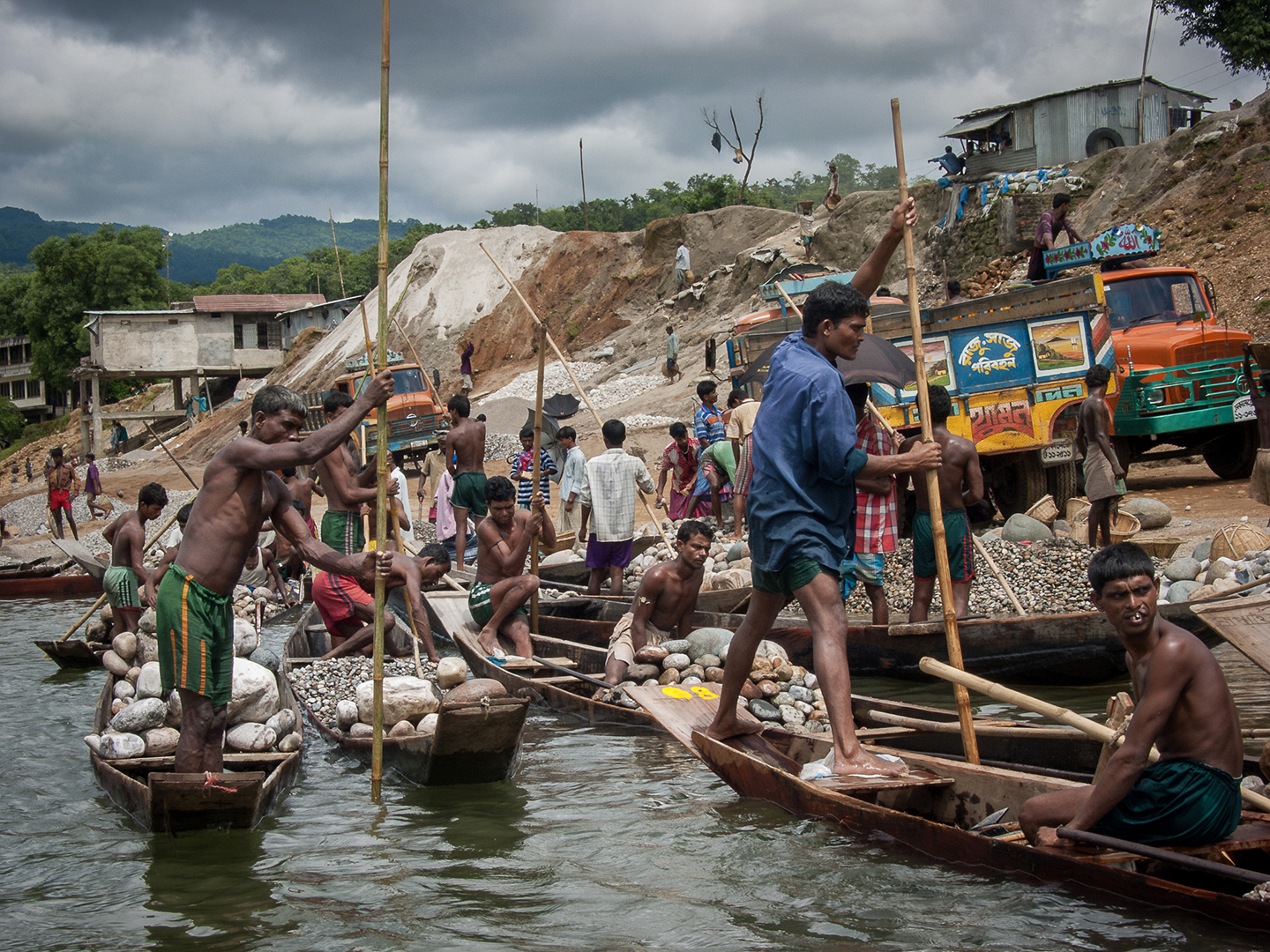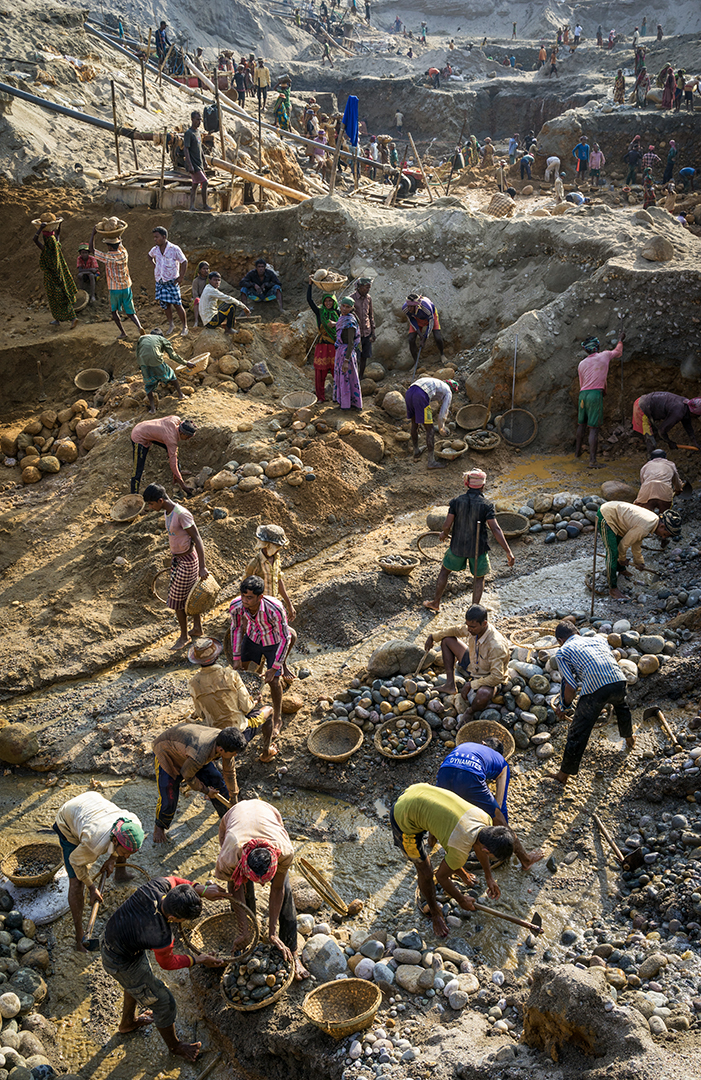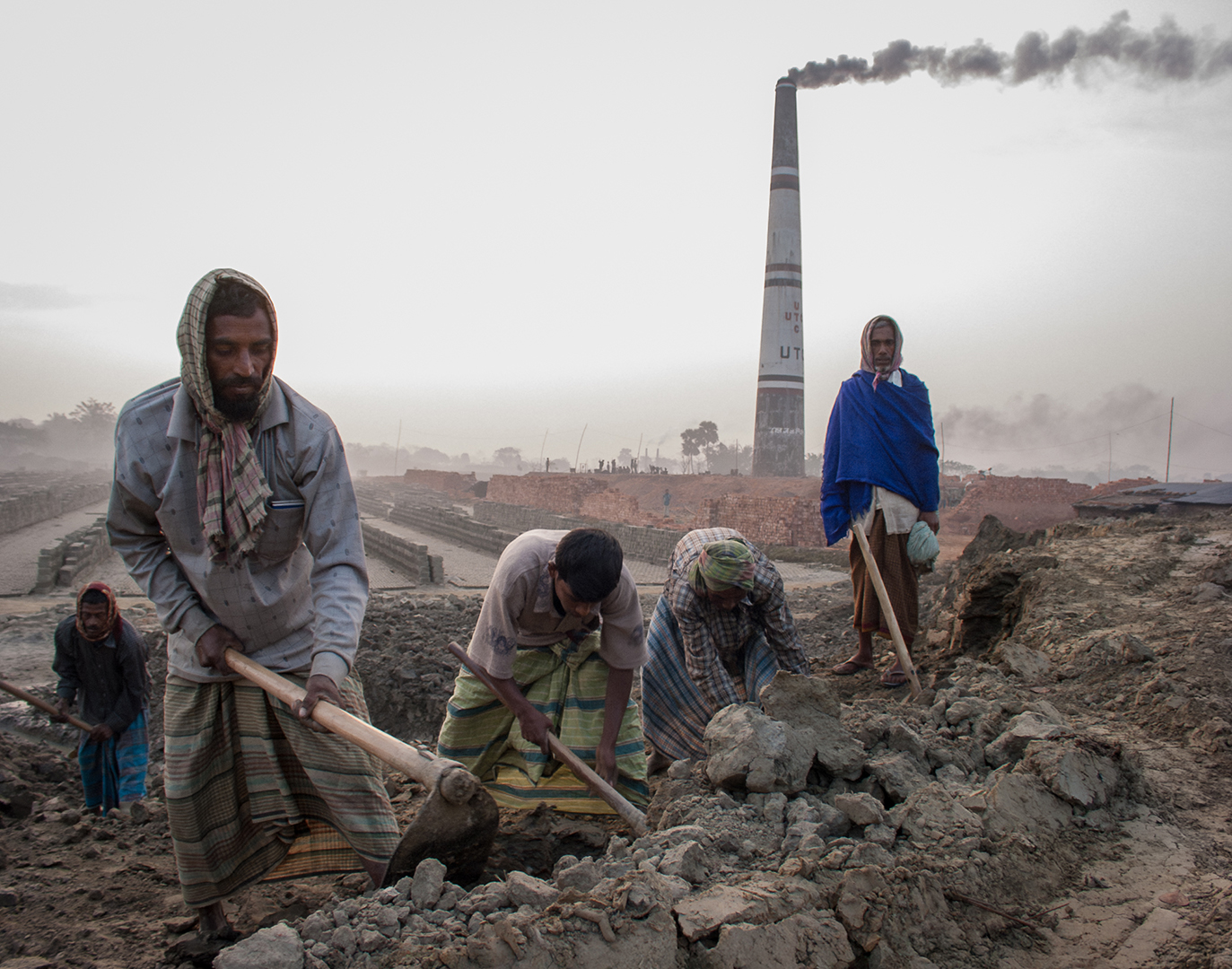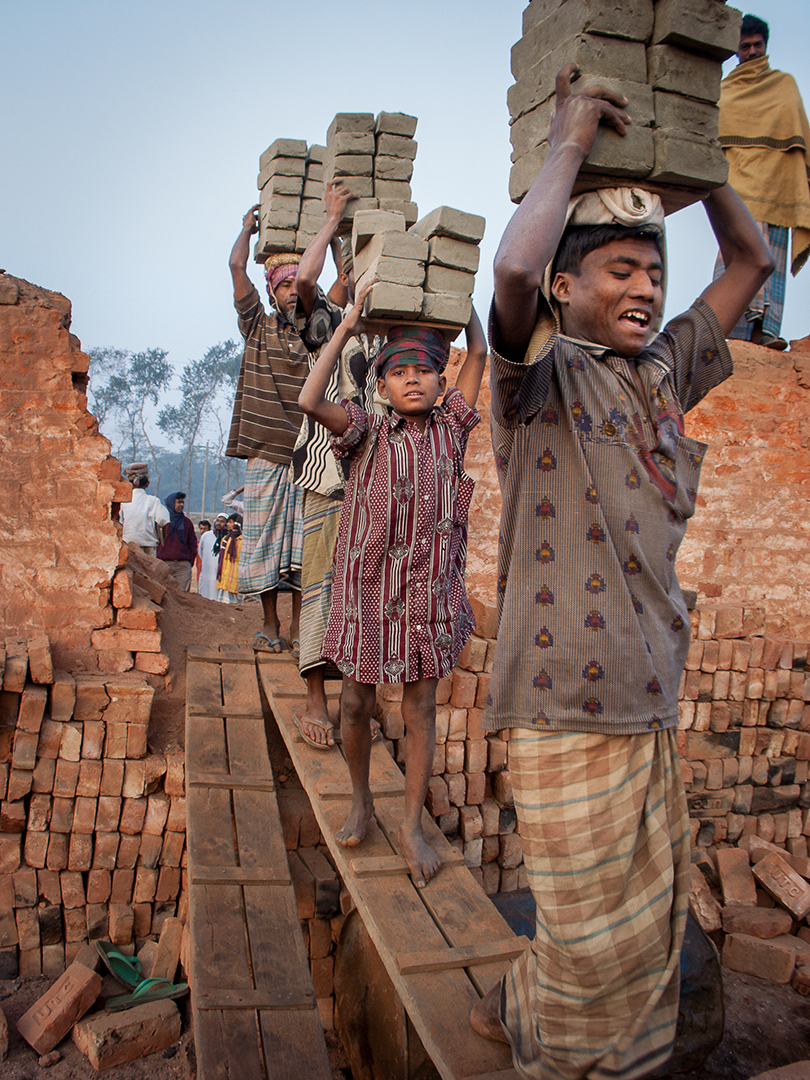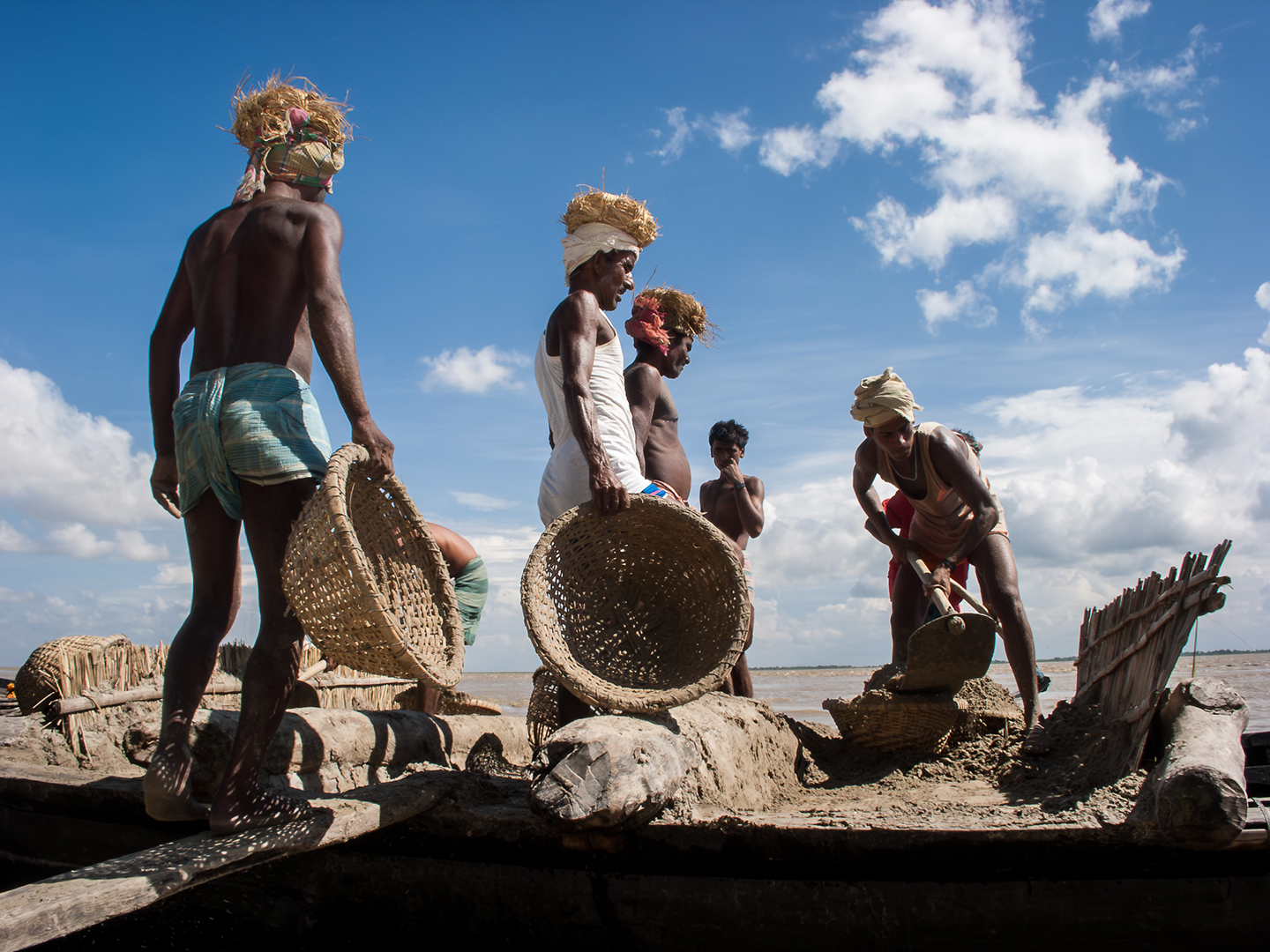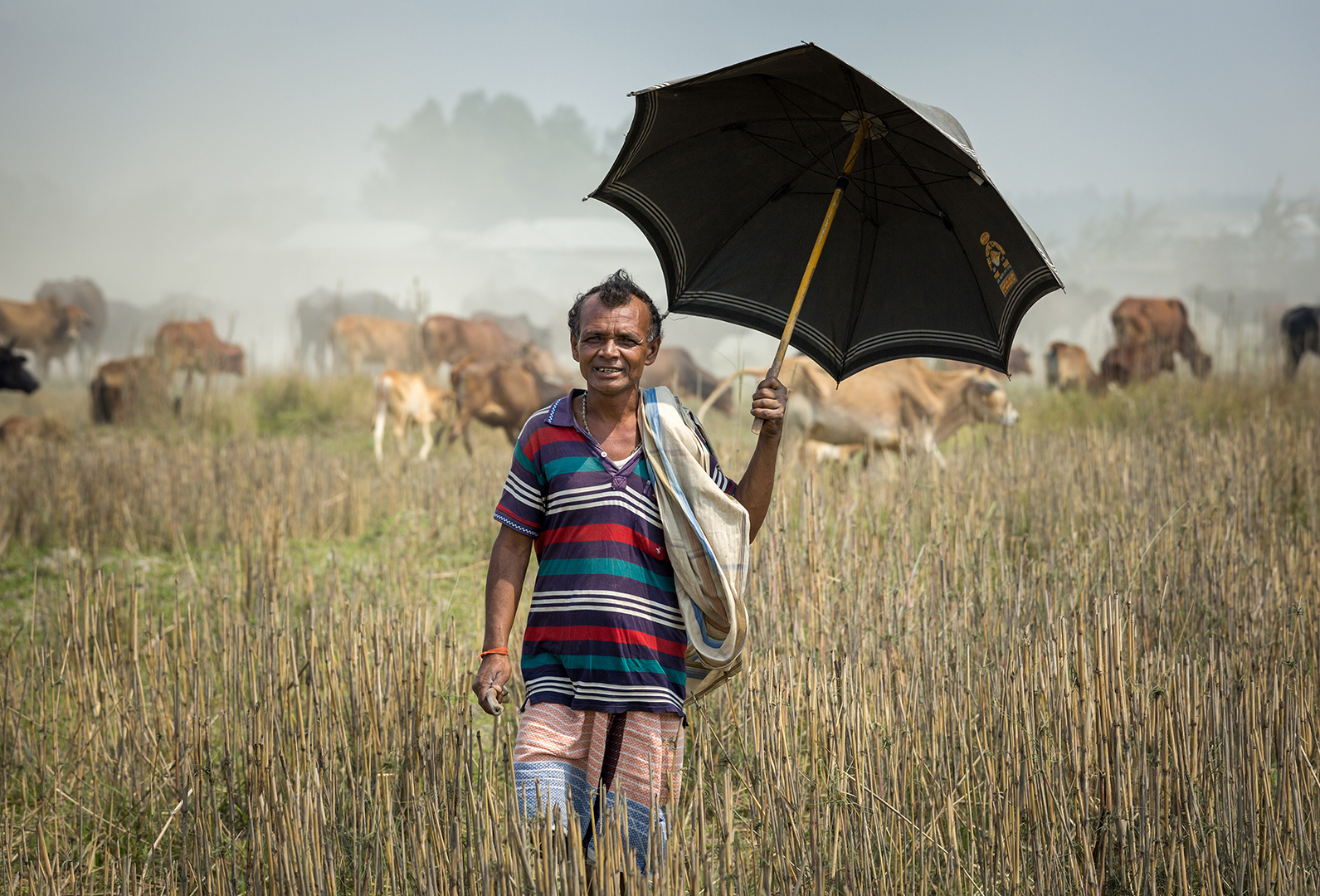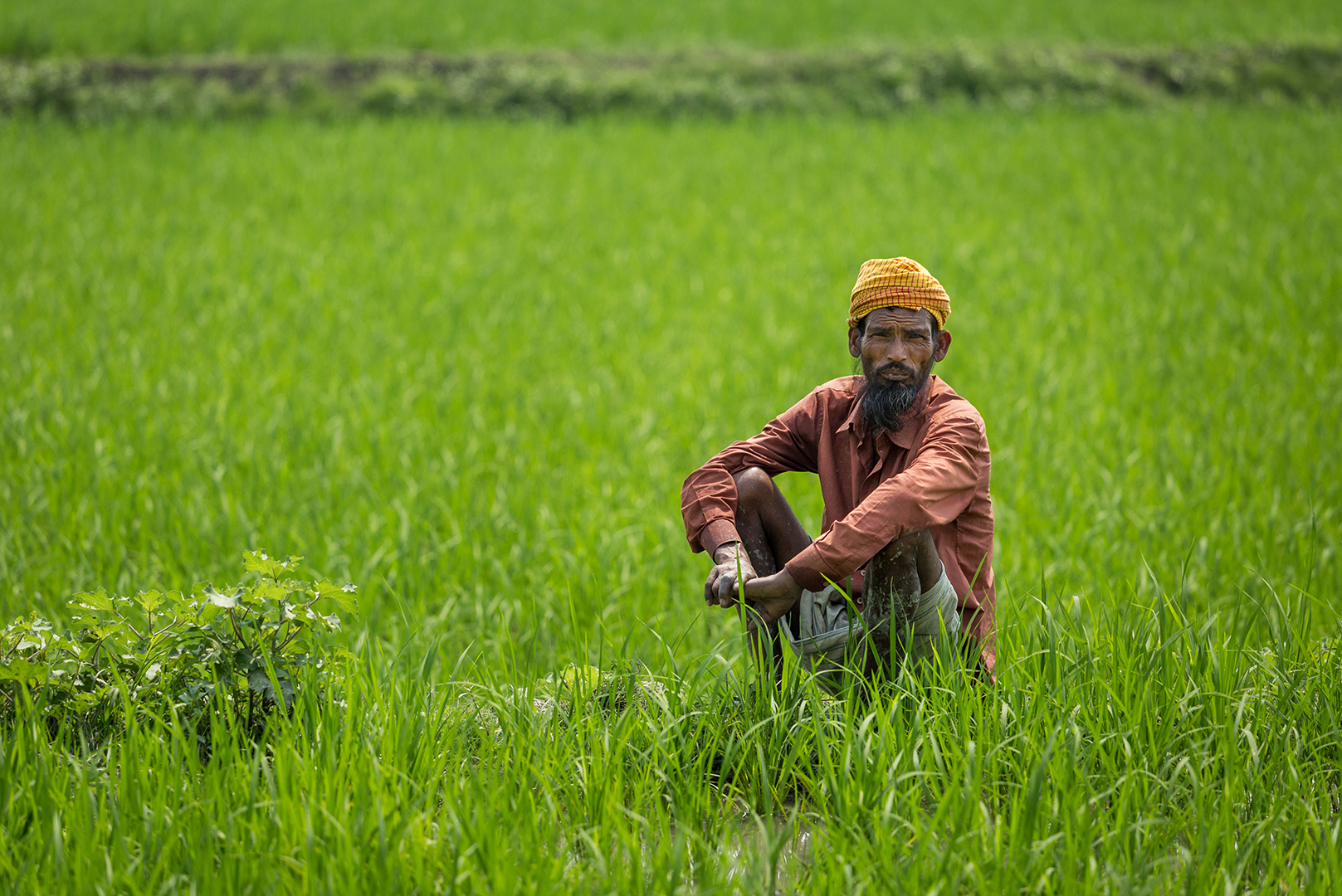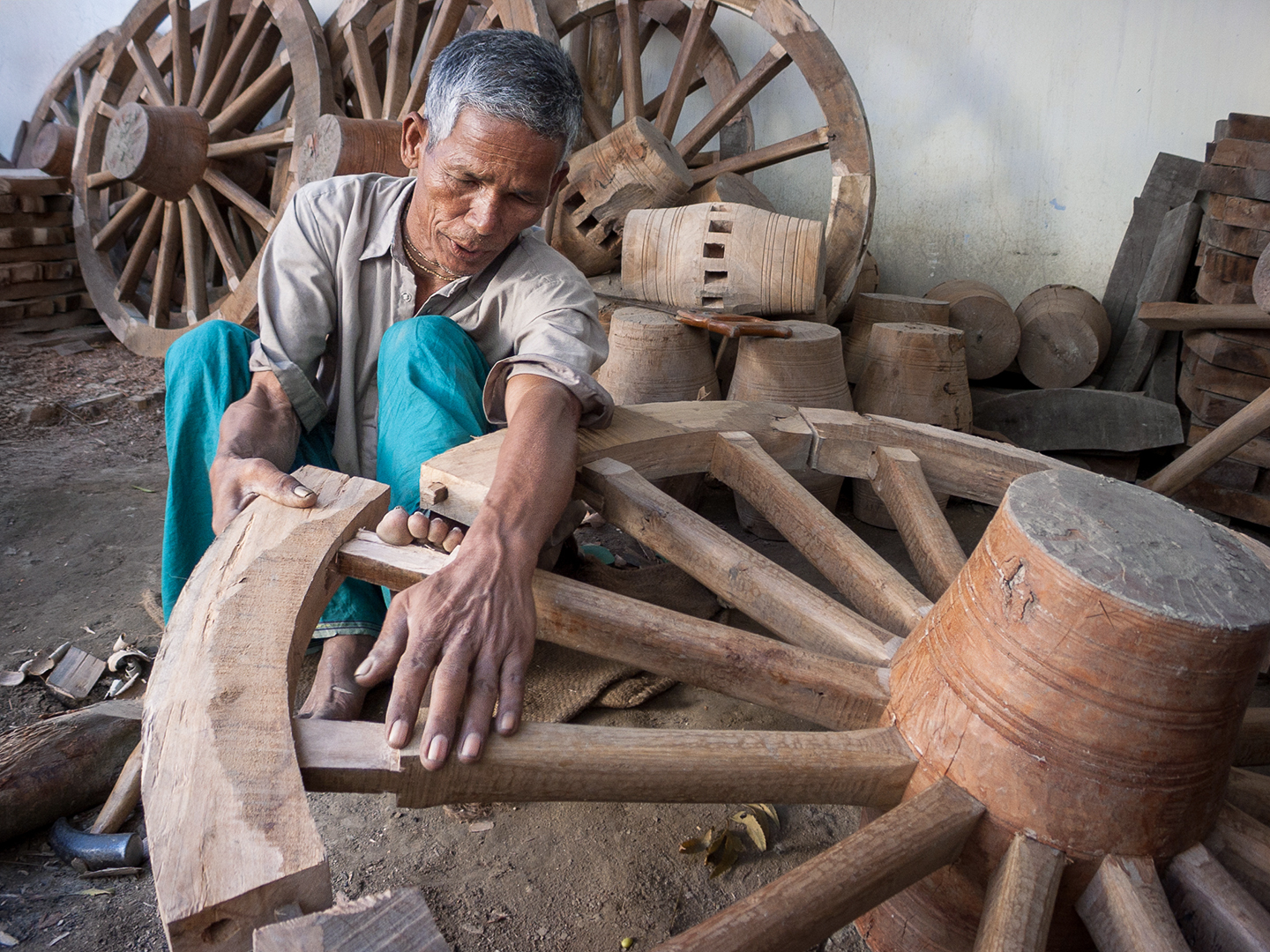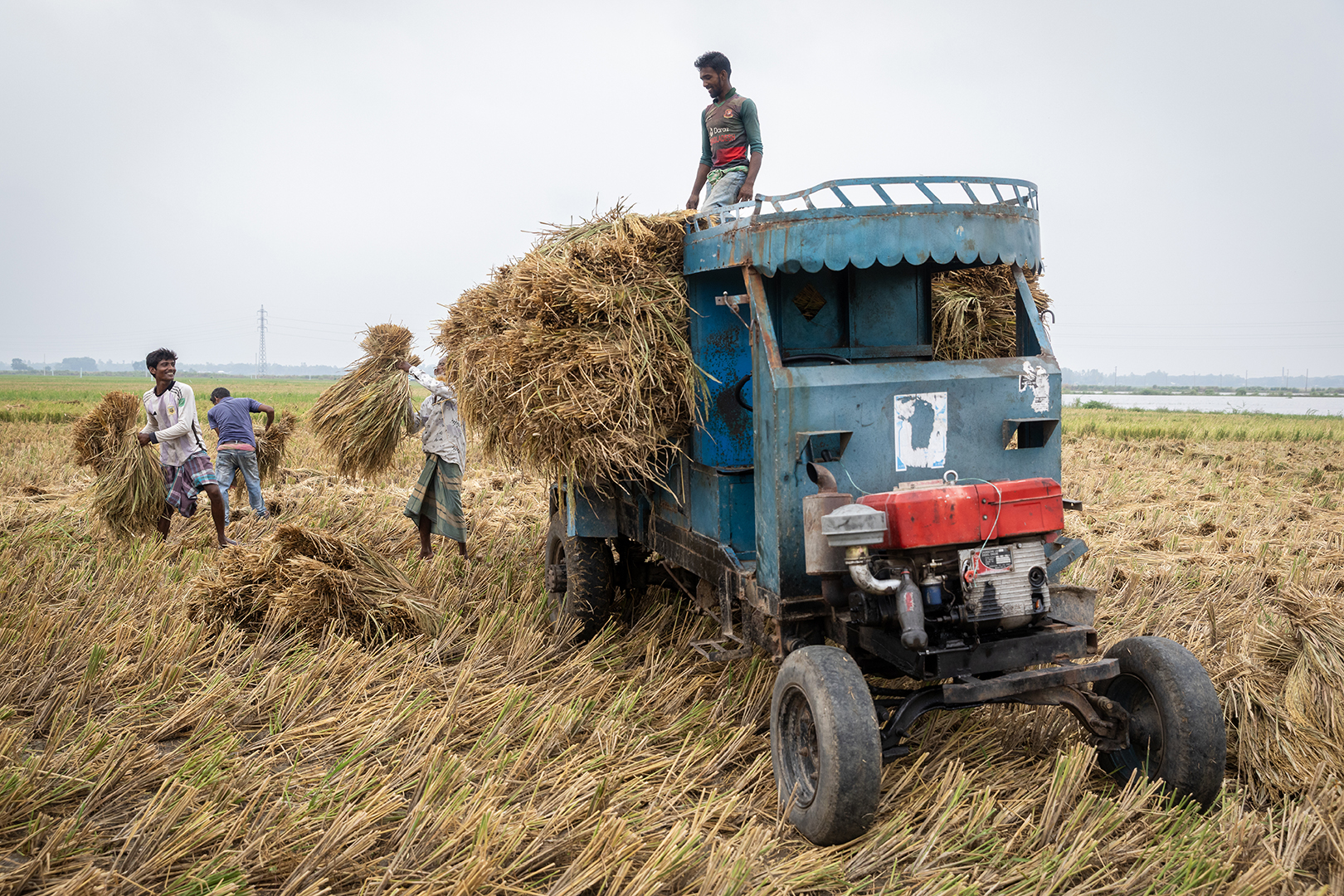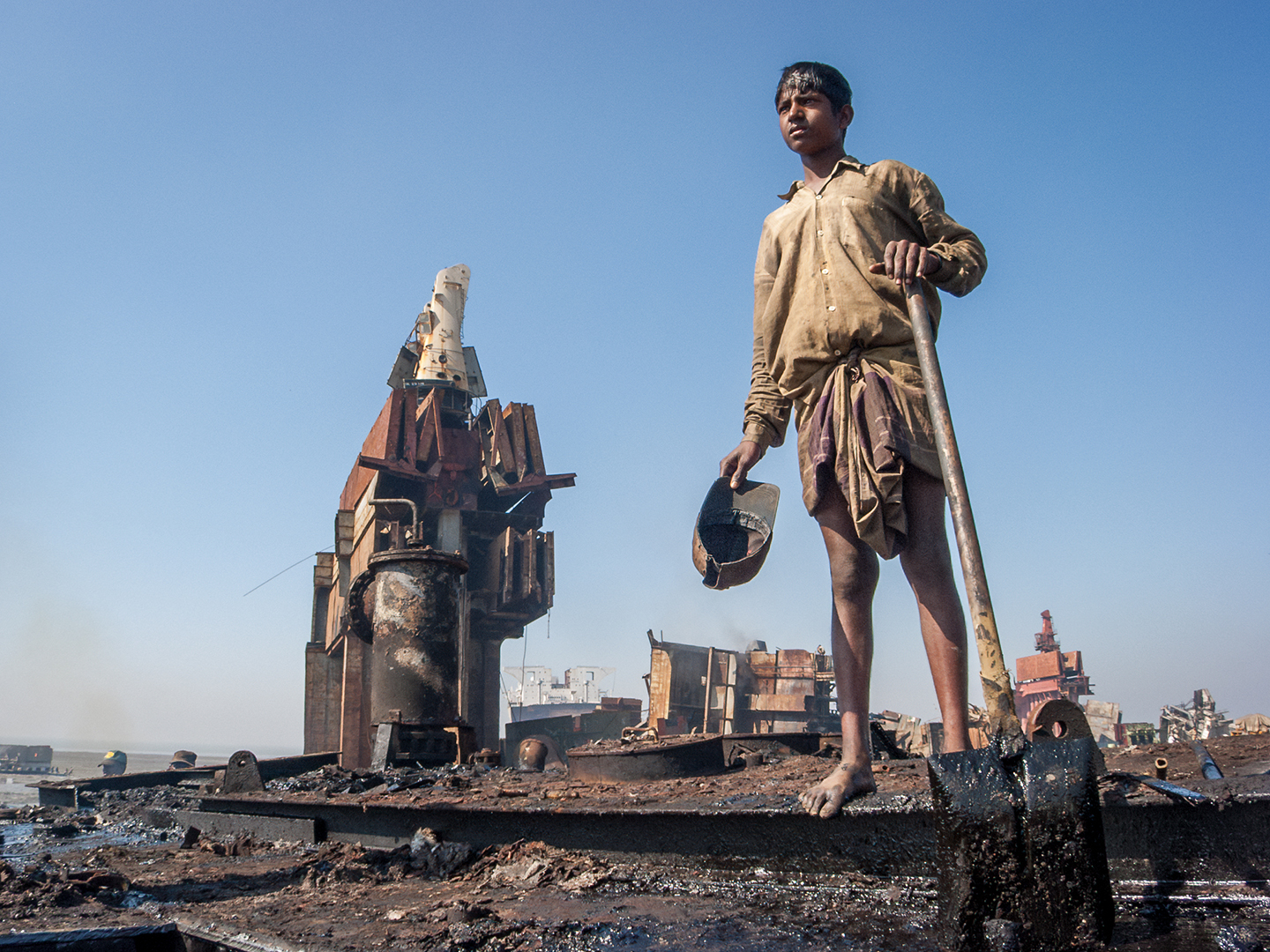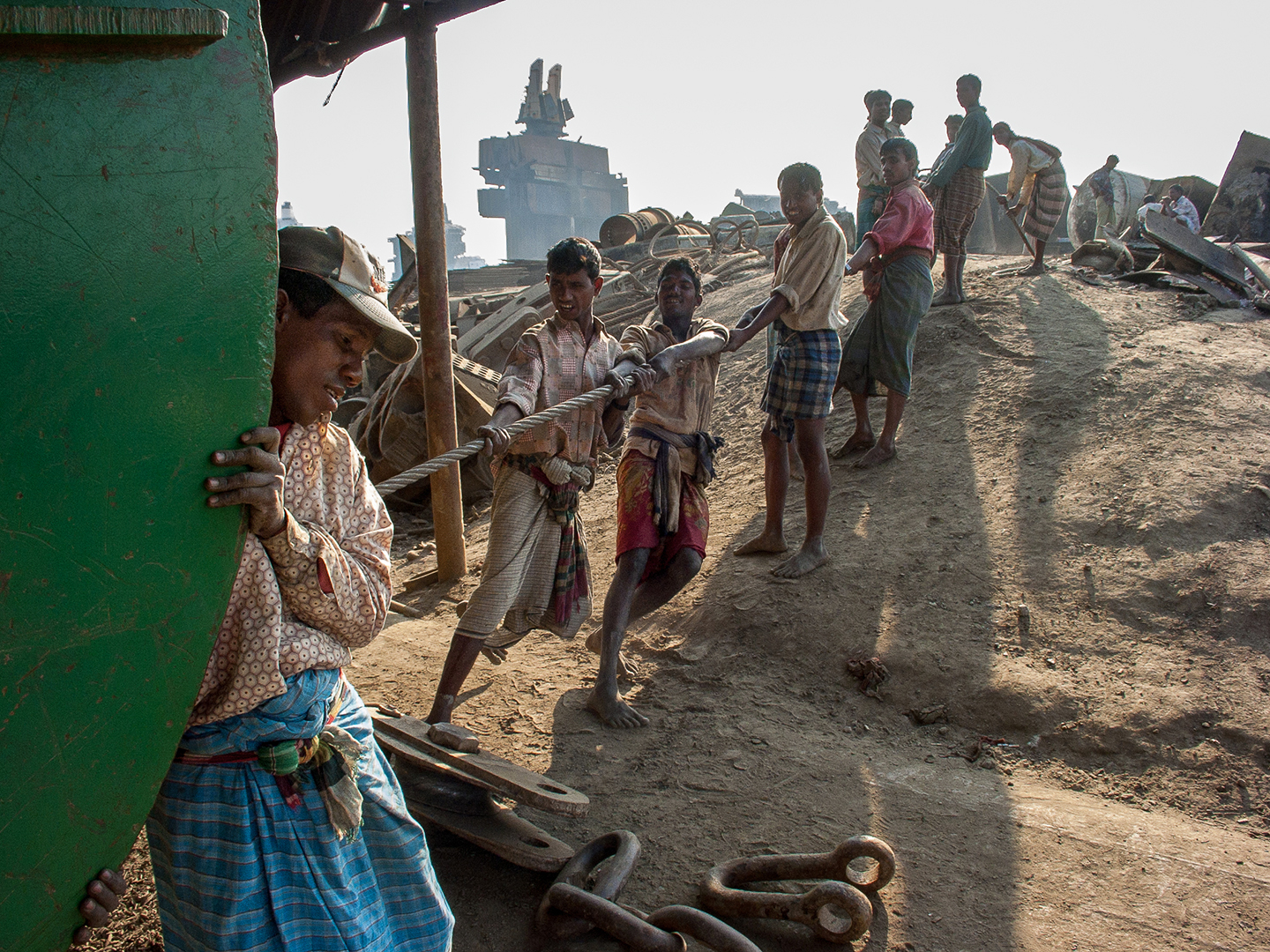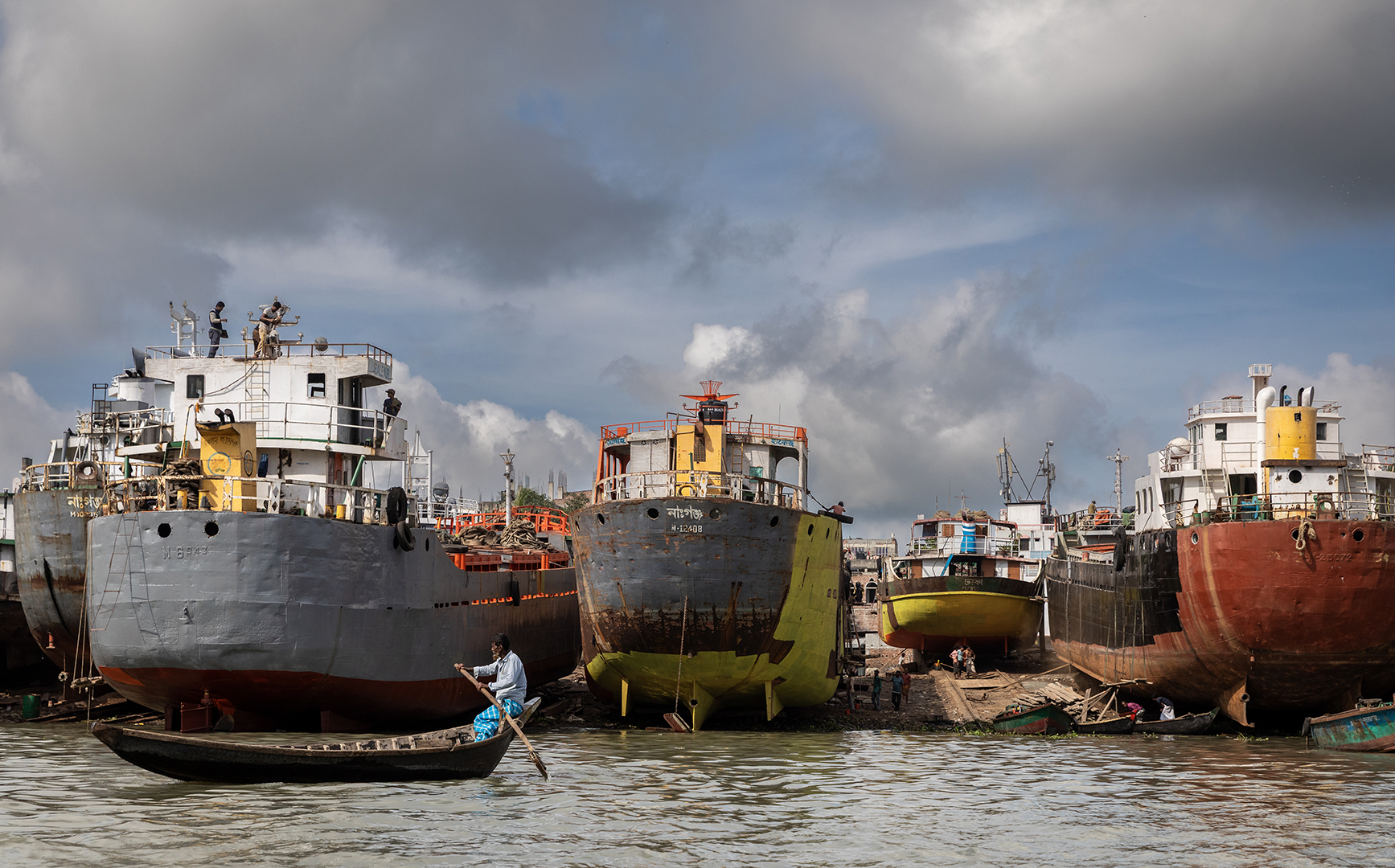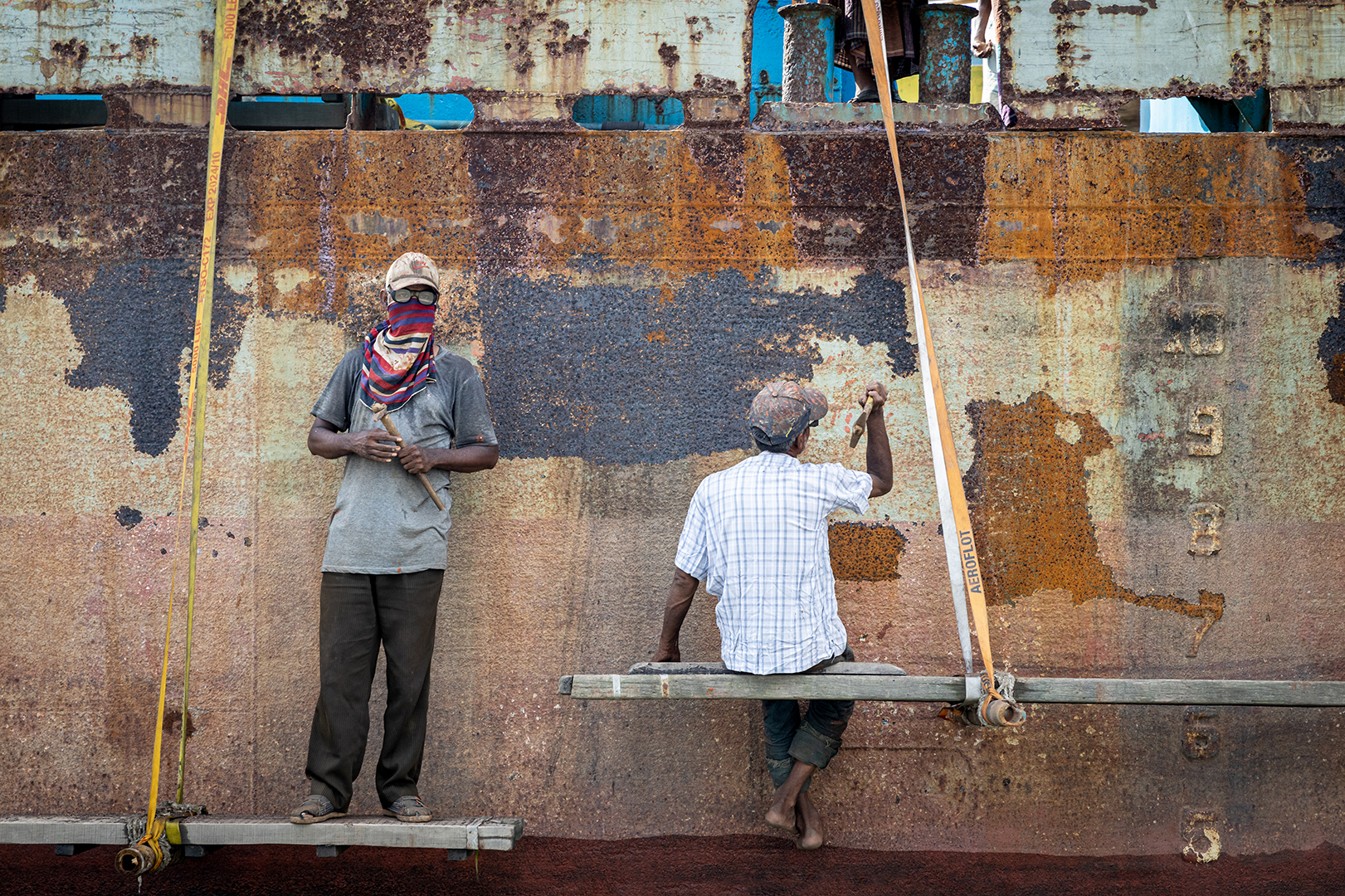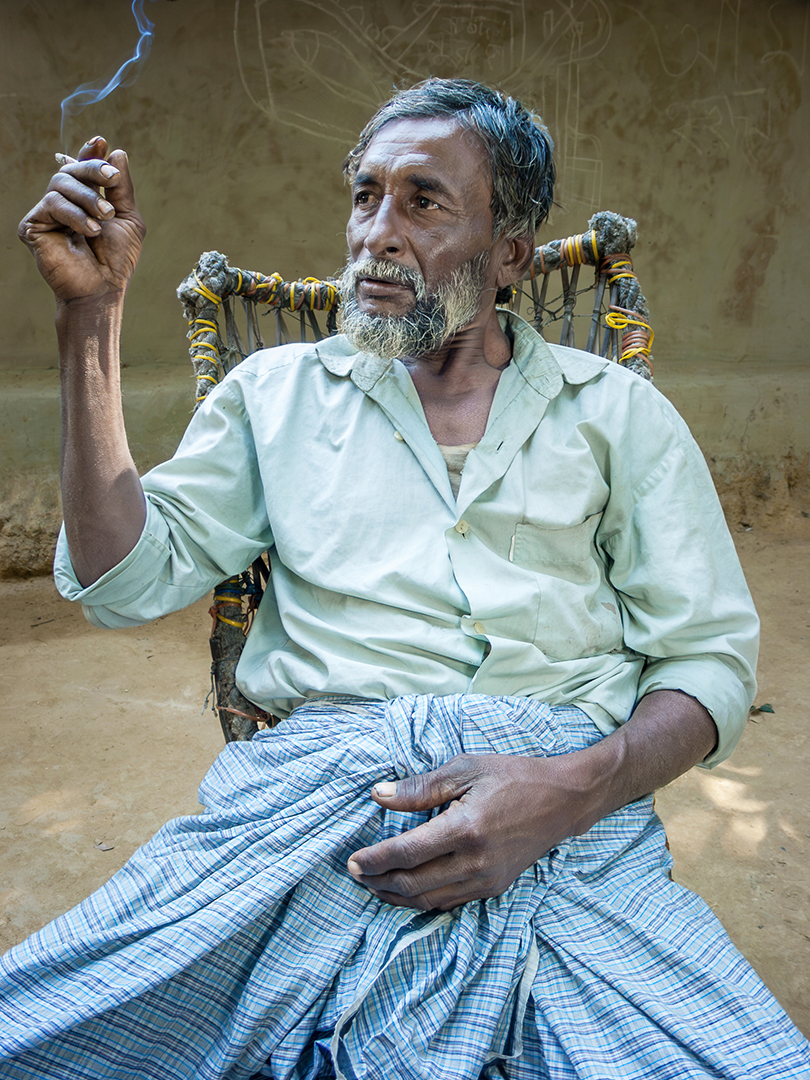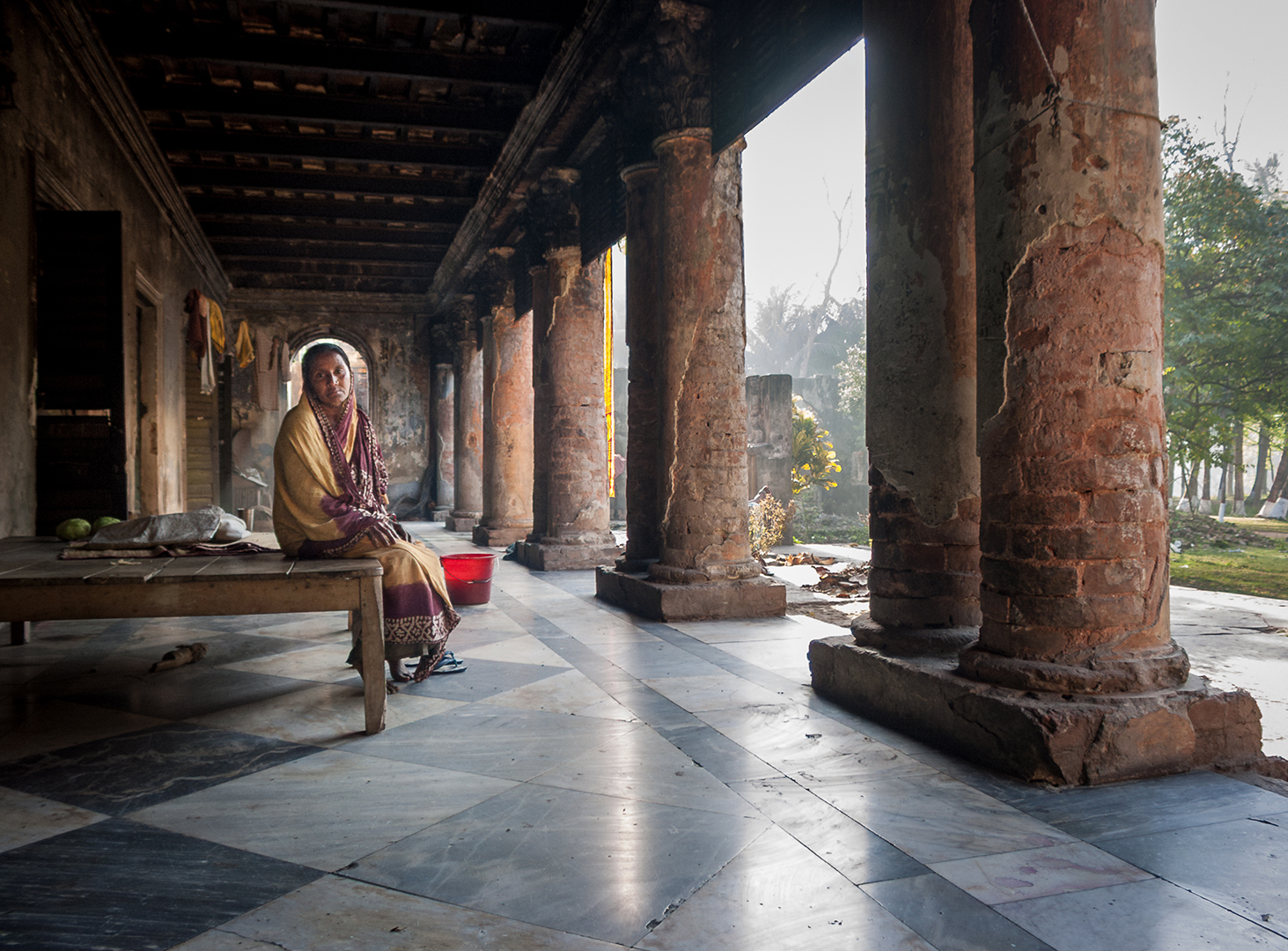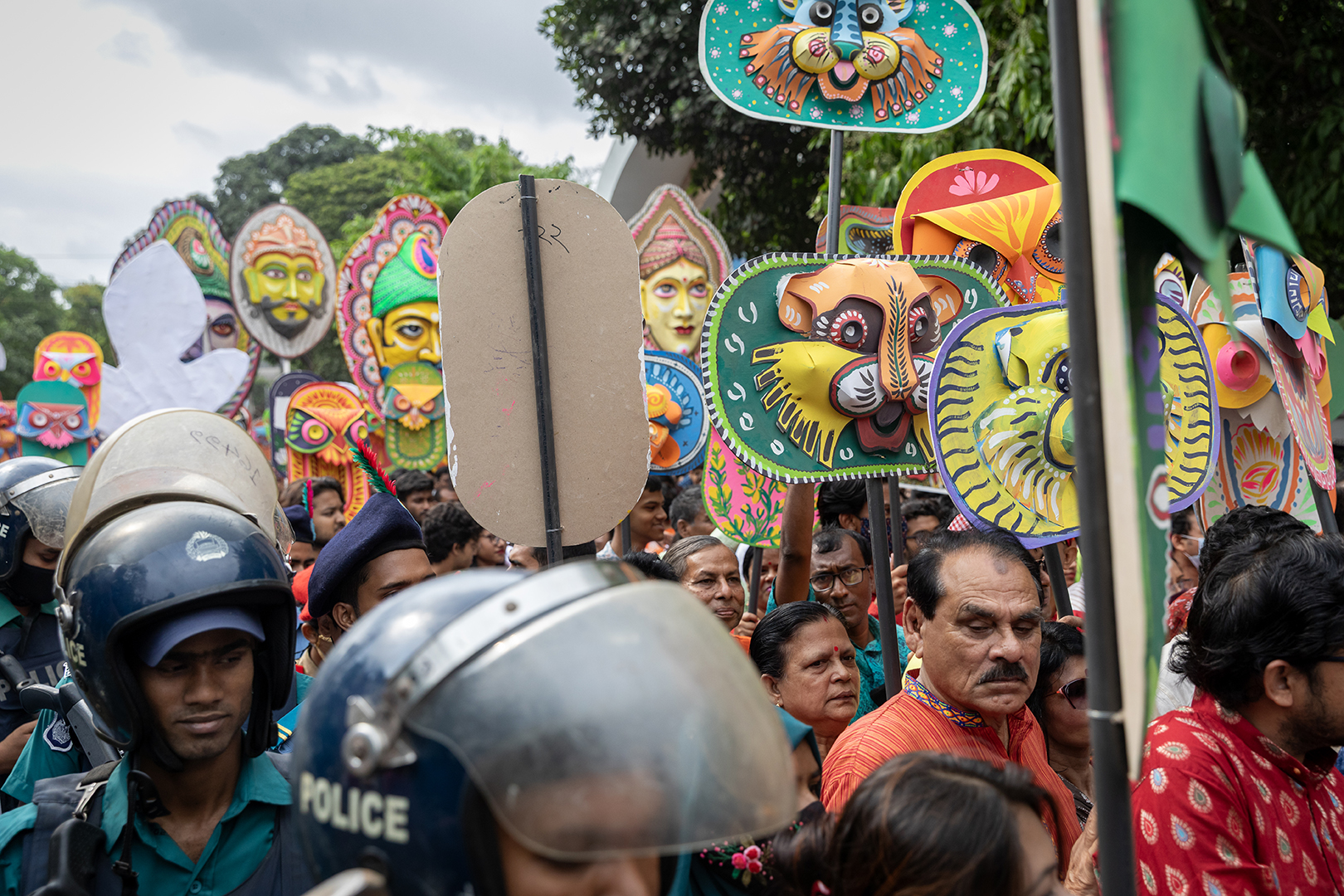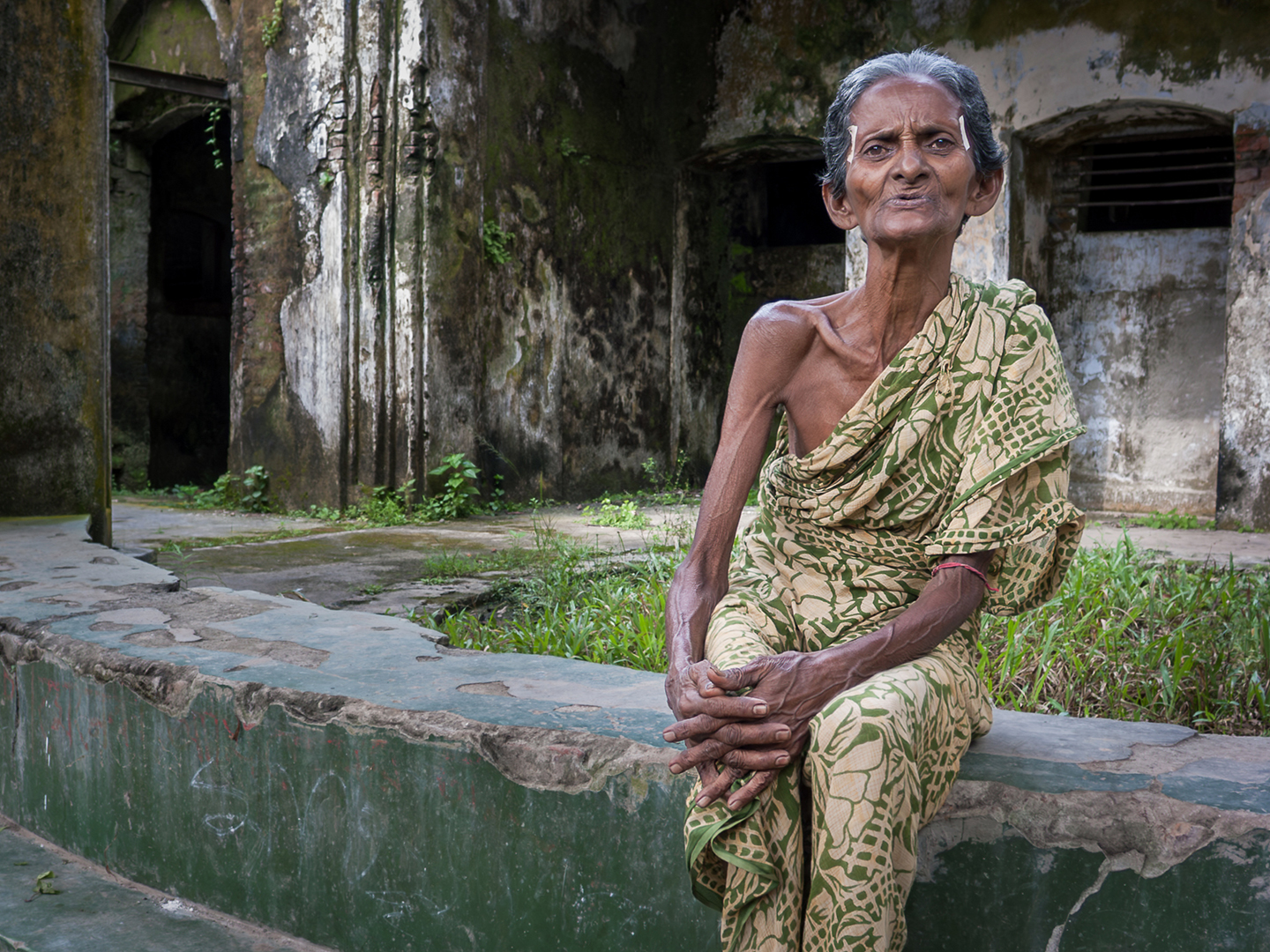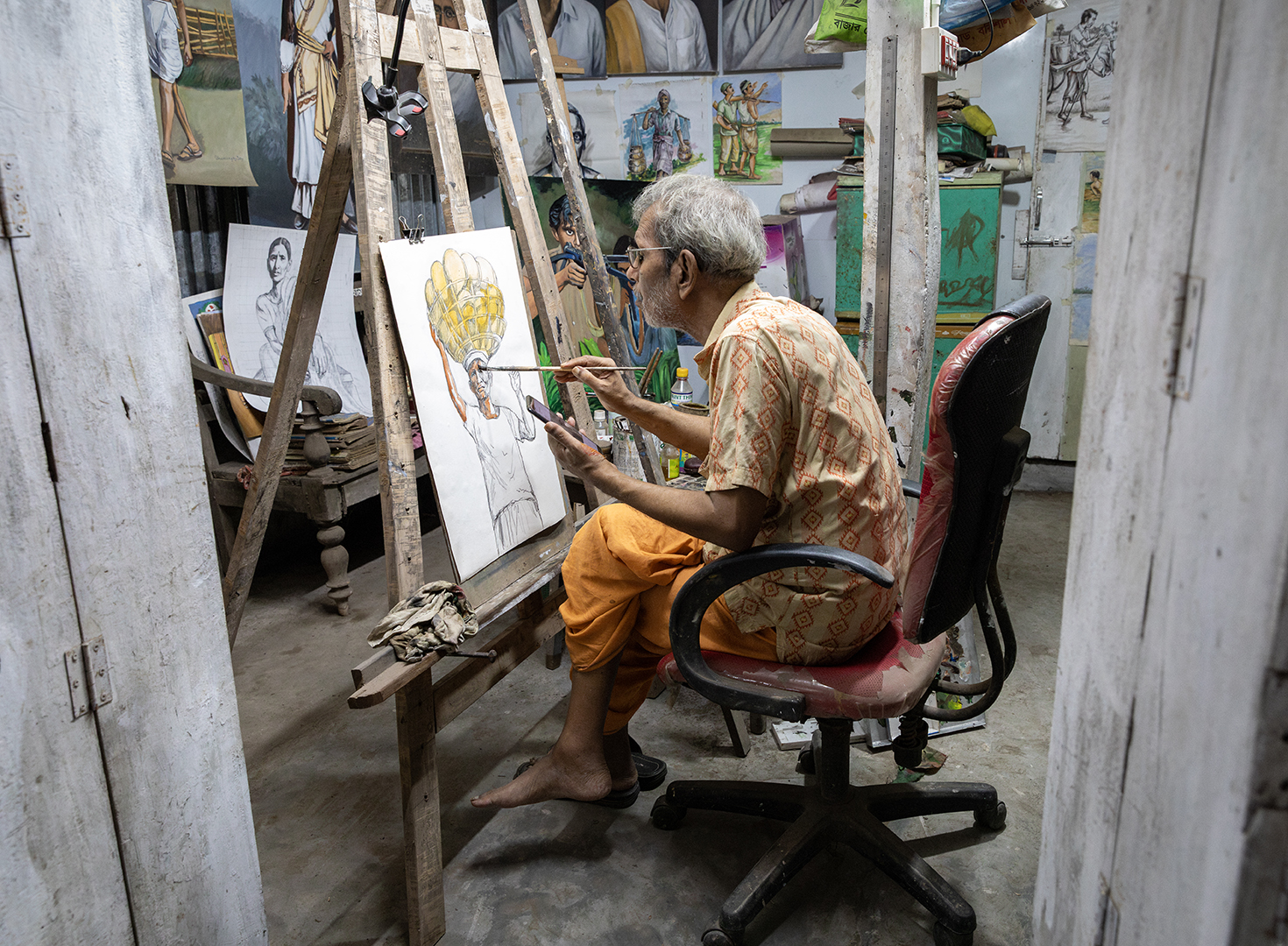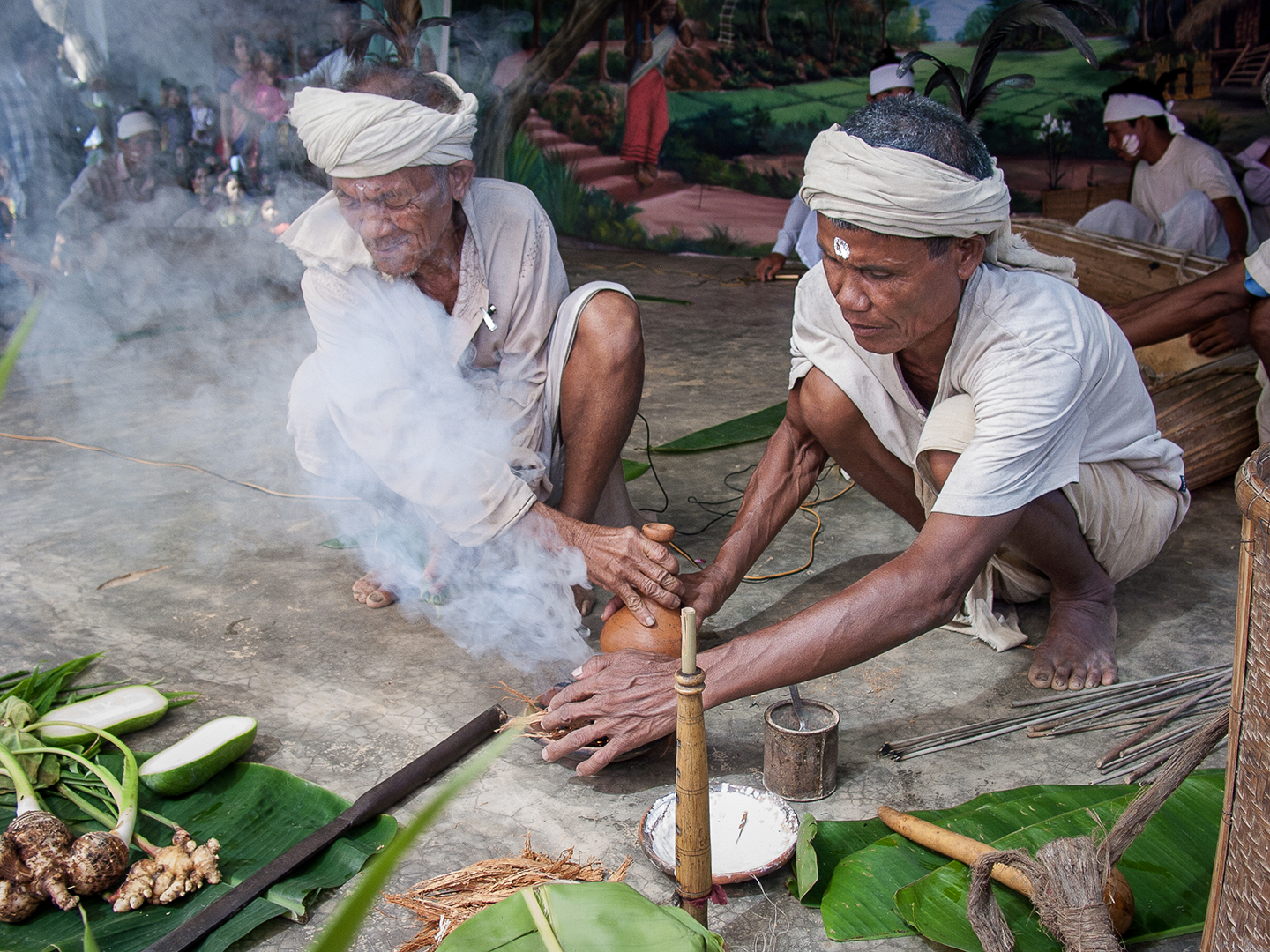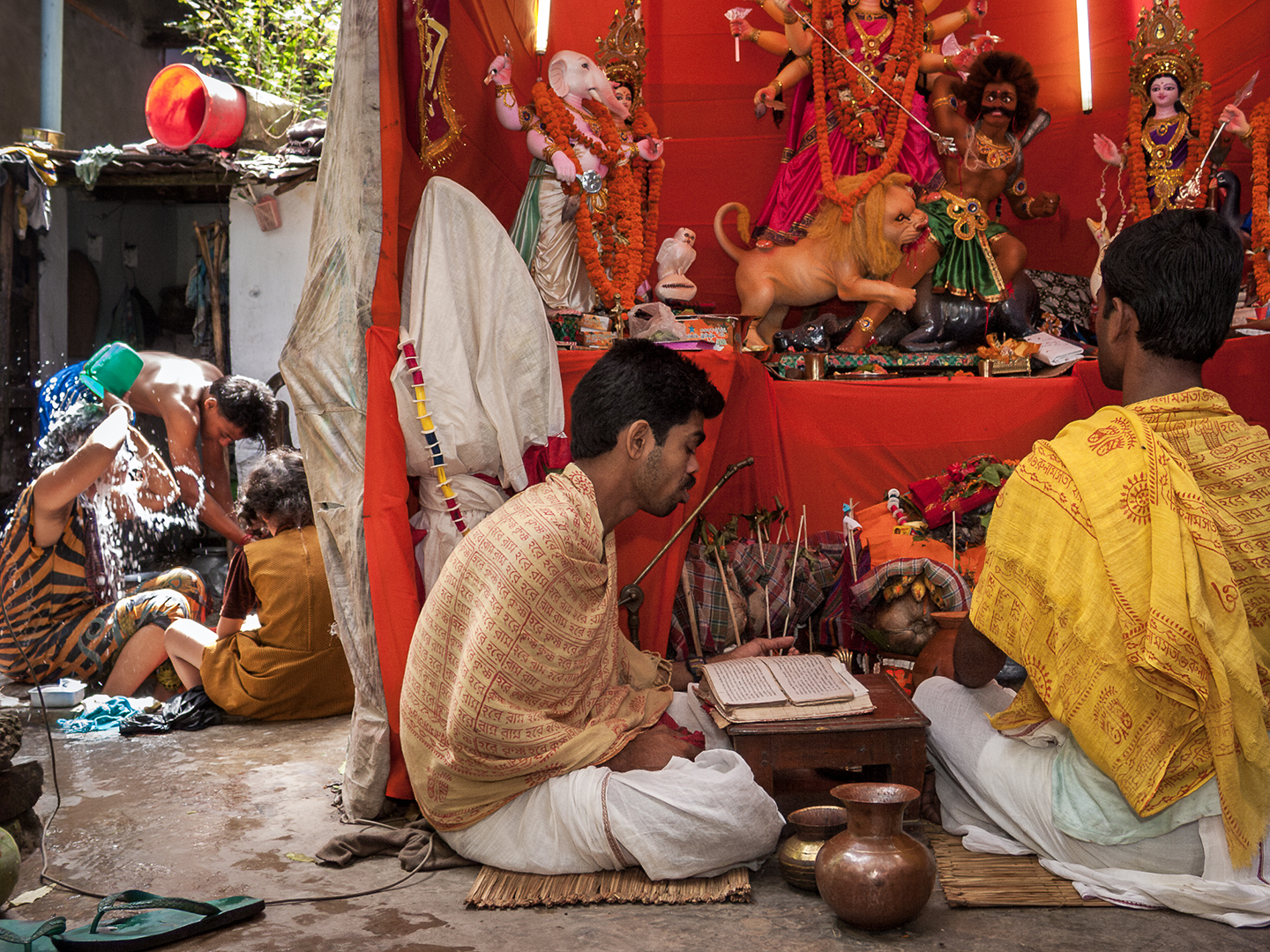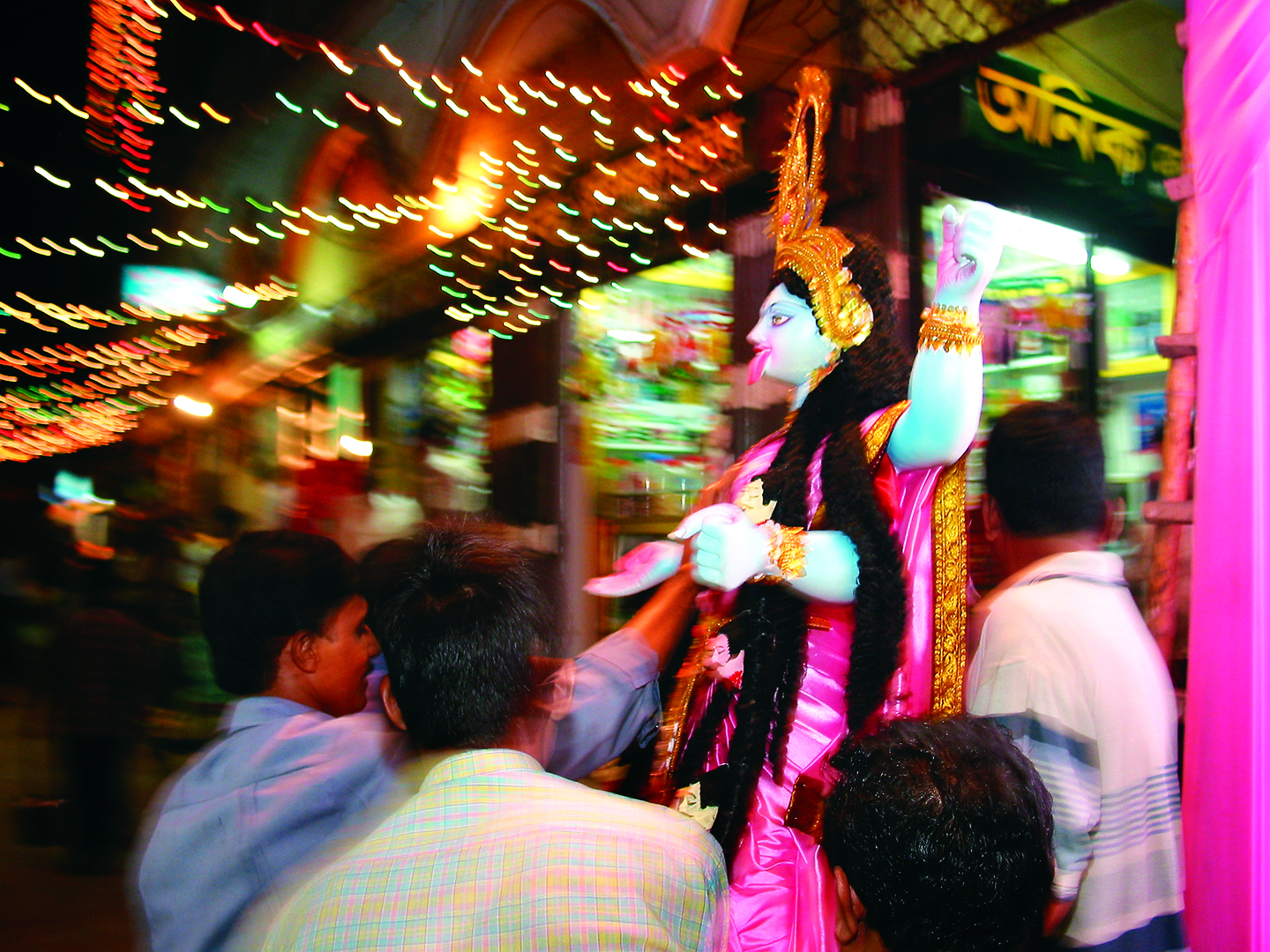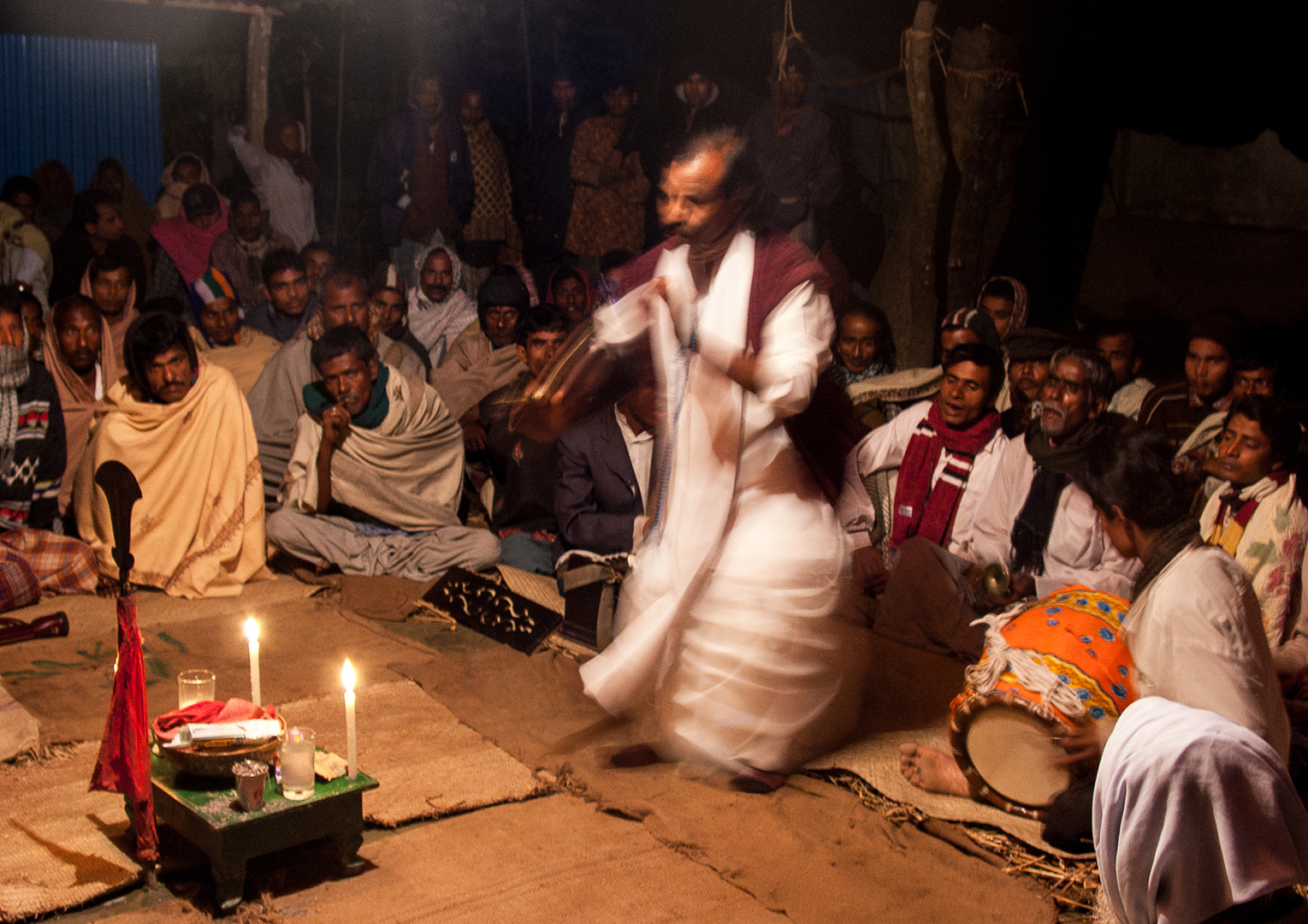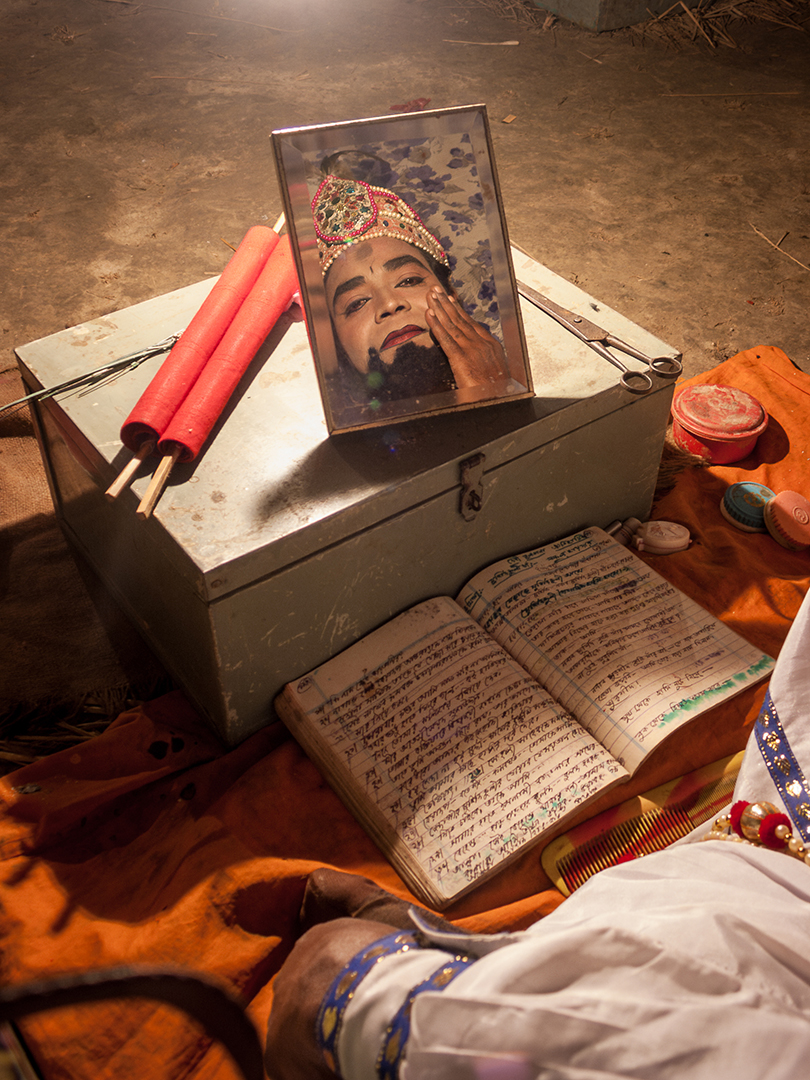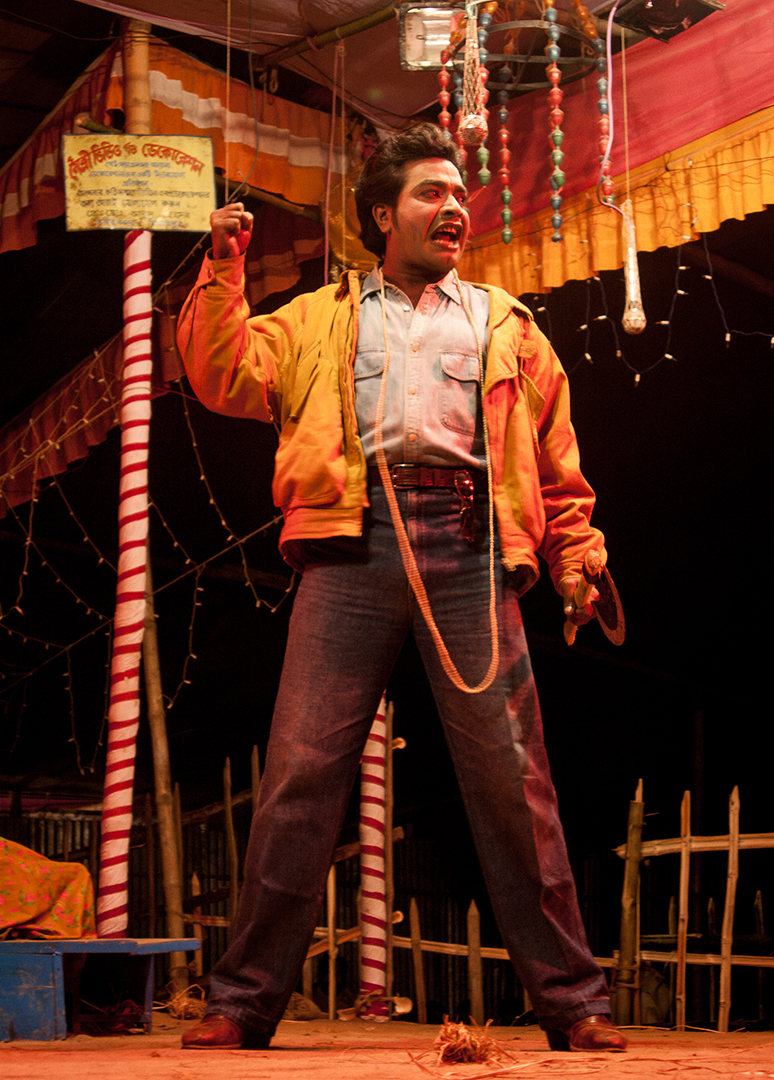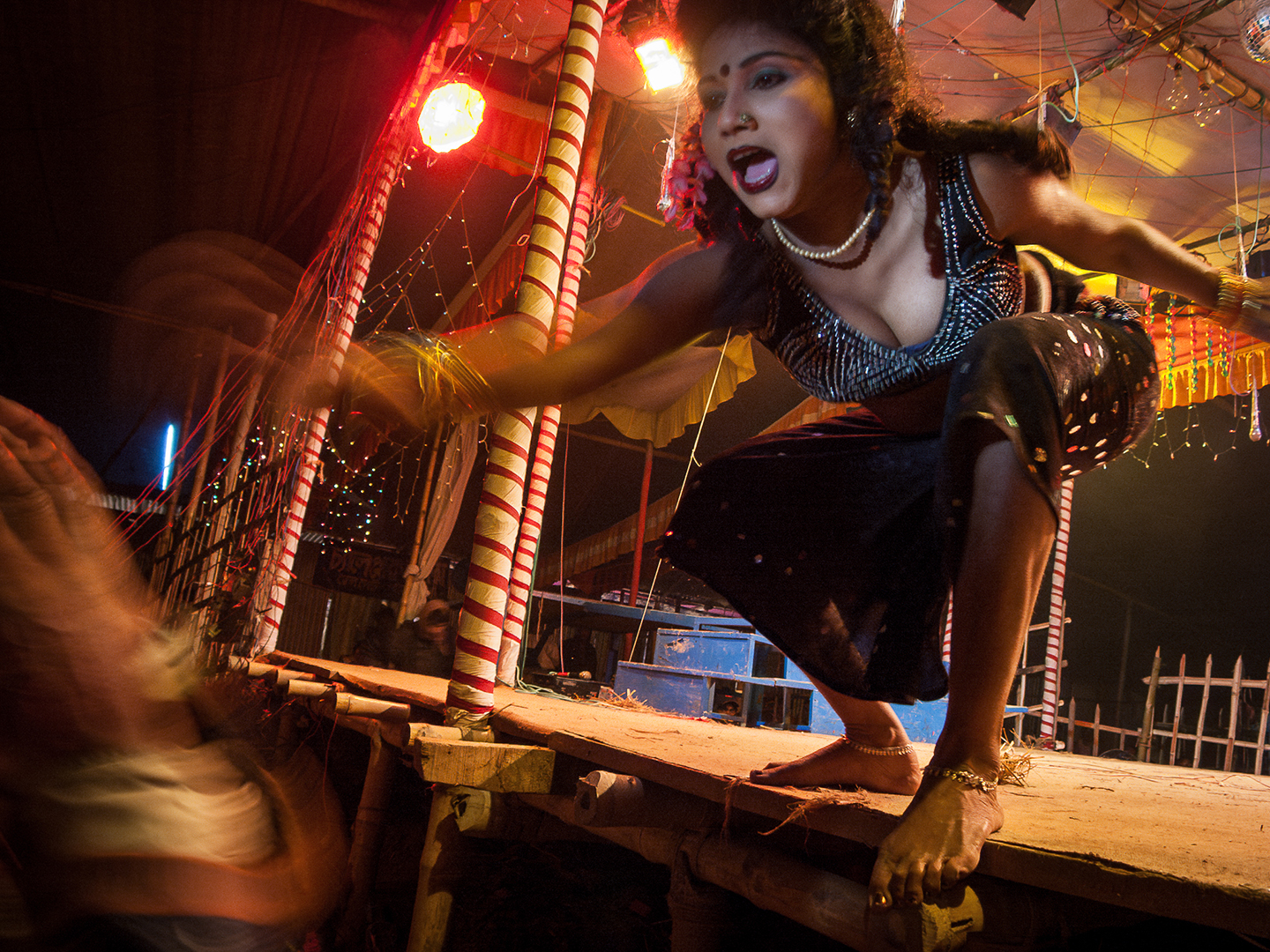Kelley Lynch
« The Geography of Belief: Work from Bangladesh »
Biography:
Kelley Lynch is a photographer, writer, and designer with over 20 years of experience living and working in more than 30 countries across Africa and Asia.
Kelley works at the intersection of art and social change. Her work is fueled by a desire to explore the stories that shape how people live, believe, and belong—stories that have the power to bridge worlds, challenge assumptions, and change how we perceive one another.
She has collaborated with global development organizations, including UNICEF, Save the Children, USAID, World Vision, and the Global Partnership for Education to produce narratives and images that inspire action and foster understanding across cultures.
Kelley is based in Washington, DC.
https://kelleyslynch.com
https://www.instagram.com/kelley.s.lynch/
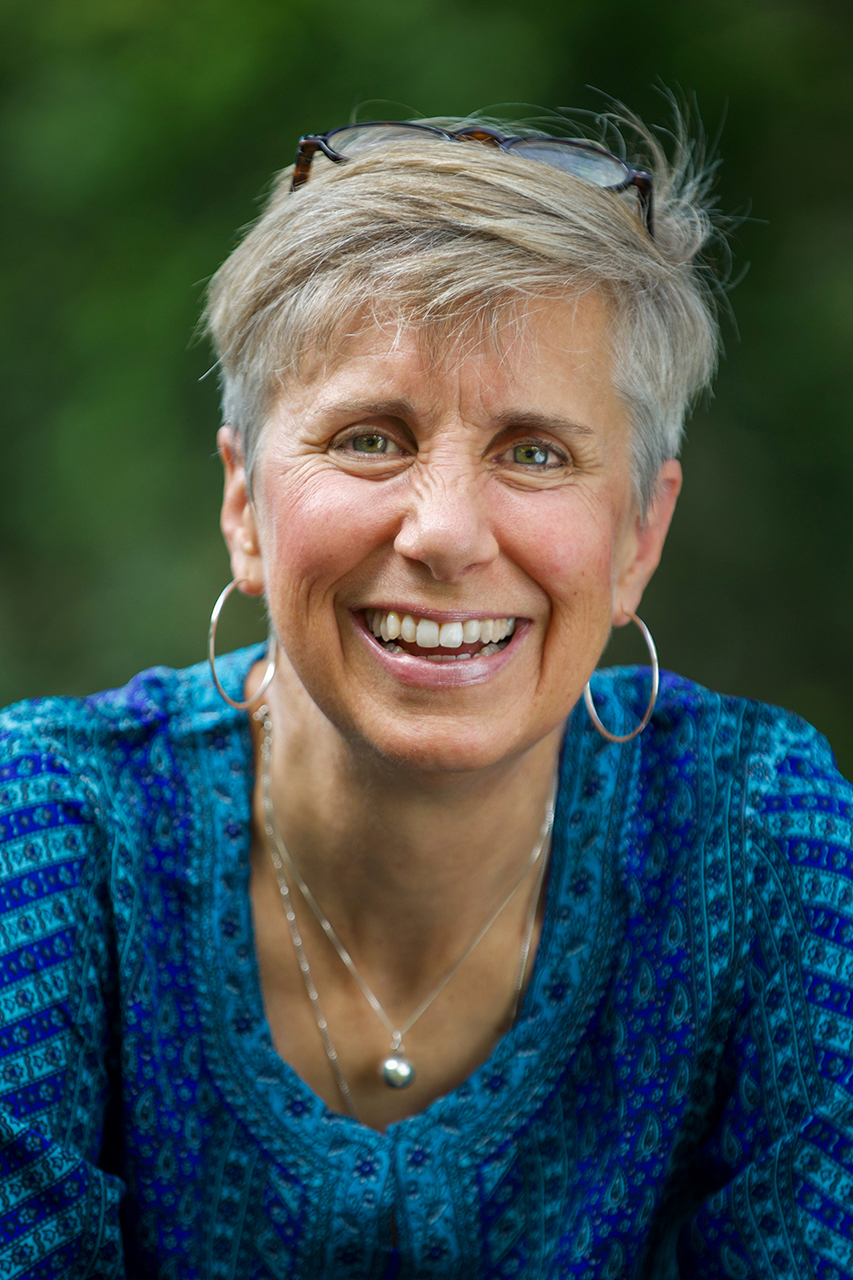
The Geography of Belief: Work from Bangladesh
It is said that travel broadens the mind. And while that’s true, what no one tells you is how deeply disorienting it can be when your mind collides with a bunch of things that don’t fit your understanding of reality.
Bangladesh was the one place I swore I would never live. I couldn’t have pointed it out on a map, but it was, in my mind, synonymous with poverty.
Never say never.
As I stepped off the plane in Bangladesh in 1995, at the start of what I had imagined would be a two-year stay, I had no idea that packed in amongst the clothes, toothpaste, shampoo, and vitamins in my suitcase was a grab bag of unconscious beliefs and assumptions about, well, pretty much everything. And unlike the toothpaste, shampoo, and vitamins I had to carry into the country again and again every year, the supply of these beliefs and assumptions about the world and how it works—or should work—was seemingly endless. Over the next nine years, Bangladesh unpacked them for me.
At first, I resisted. People believed things and acted in ways that seemed crazy to me. They did things that I found both interesting and amazing, as well as shocking, baffling, and frustrating. It took much longer than I care to admit, but eventually I came to understand the obvious: the world wasn’t required to make sense on my terms.
As I let go of judgment, shock gave way to wonder, and resistance gave way to revelation.
We had been there five years when I had the opportunity to start traveling around the country. The camera became my ticket, and curiosity my guide. I visited tea gardens and shipbreaking yards, went searching for wild elephants with a holy man and elephant whisperer, encountered the effects of black magic in my own home, attended pujas, tribal festivals, and all-night traditional theatre performances, and accidentally stumbled into a pirate’s village.
I talked with people, recording their words and images. Most didn't realize it, but they became my teachers. With their help, I learned to think not just outside the box, but outside my beliefs. Bangladesh wasn't a land of poverty, but a land of great riches.
The planned book never came to be, but this work has shaped and guided everything that has happened since, in my storytelling work for development organizations in over thirty countries across Africa and Asia.
Bangladesh was my first teacher—and unexpectedly, my first love. It’s a country I keep returning to today. And, like coming home, it never fails to remind me of who I am and the thrill I get from exploring the world with a curiosity that celebrates the endless ways there are to be human.

